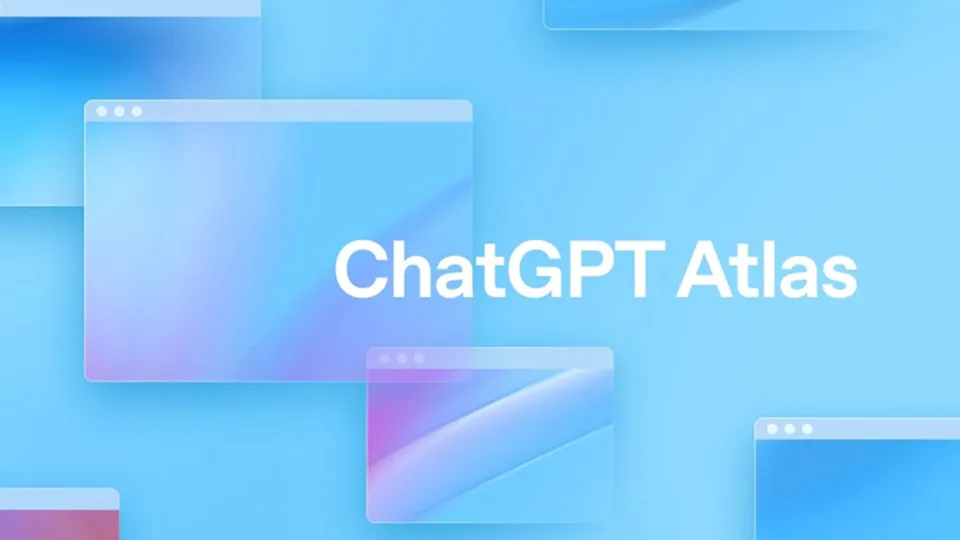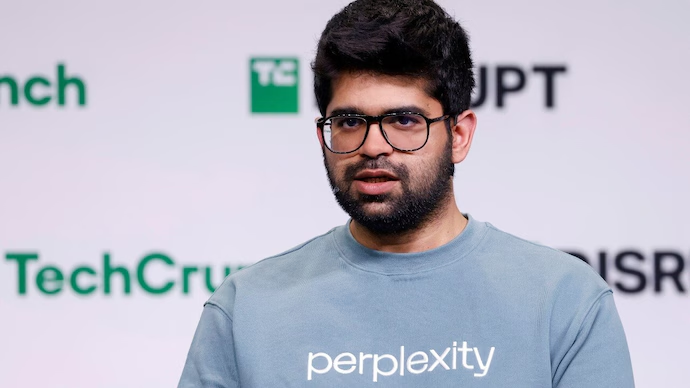Now Reading: OpenAI’s ChatGPT Atlas Browser: Unveiling the Unspoken Truths
-
01
OpenAI’s ChatGPT Atlas Browser: Unveiling the Unspoken Truths
OpenAI’s ChatGPT Atlas Browser: Unveiling the Unspoken Truths

OpenAI’s recent launch of the ChatGPT Atlas browser has garnered significant attention, positioning itself as a revolutionary AI-powered web navigation tool. Marketed as a fresh alternative to traditional browsers, Atlas introduces features like integrated ChatGPT assistance, contextual memory, and an “Agent Mode” for task automation. However, beneath its innovative exterior lies a reliance on existing technologies and certain limitations that users should be aware of.
Built on Chromium: A Familiar Foundation
Despite its novel features, Atlas is constructed upon Chromium, the open-source engine that also powers browsers like Google Chrome and Microsoft Edge. While this choice ensures compatibility with web standards, it also places Atlas within a crowded ecosystem of Chromium-based browsers. This foundational similarity may raise questions about the extent of innovation Atlas truly offers.
Privacy and Data Concerns
One of the standout features of Atlas is its “Browser Memories,” which allows the AI to remember user interactions for a more personalized experience. While OpenAI emphasizes user control over this feature, including options to delete memories and manage data usage, the very concept of AI-driven memory raises potential privacy concerns. Users must consider the implications of allowing an AI to retain and process their browsing history.
Agent Mode: A Double-Edged Sword
The “Agent Mode” in Atlas enables the AI to perform tasks such as booking reservations or shopping on behalf of the user. While this can enhance convenience, it also introduces risks associated with delegating personal tasks to an AI. The potential for errors or misuse necessitates cautious engagement with this feature, particularly when handling sensitive information.
User Experience and Accessibility
Currently, Atlas is available only for macOS, with plans to expand to Windows, iOS, and Android platforms. This limited availability restricts access for a significant portion of potential users. Additionally, the integration of AI features may require a learning curve, and some users may find the interface less intuitive compared to traditional browsers.
Conclusion
While OpenAI’s ChatGPT Atlas browser introduces innovative AI-driven features, it is essential for users to critically assess its underlying technologies and potential risks. Understanding its reliance on Chromium, the implications of AI memory, and the responsibilities associated with Agent Mode can help users make informed decisions about integrating Atlas into their digital routines. As AI continues to shape the future of web browsing, a balanced approach that considers both innovation and caution will be crucial

























